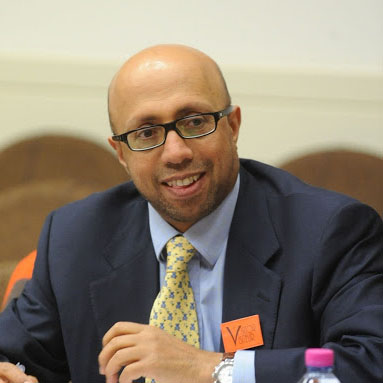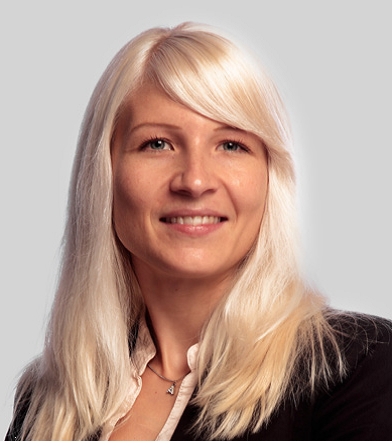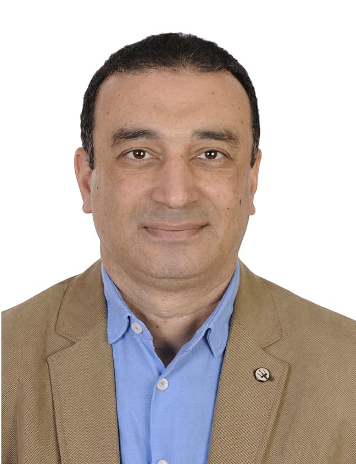Green economy (GE), a concept of environmental economics that aims to combine economic development and environmental sustainability, is gaining increasing prominence on the global sustainable development agenda. First introduced as an economic recovery strategy that creates green jobs for economic growth post-2008, it became one of the major themes of the UN Conference on Sustainable Development organised in Rio de Janeiro in mid-2012, figuring prominently in the conference outcome document ‘The Future We Want’ and later on in the post-2015 development agenda.1 Given its recent introduction into international development debates, GE has no globally accepted definition but is most commonly understood as an economy that results in ‘improved human well-being and social equity, while significantly reducing 1 “Green Economy in the Context of Sustainable Development and Poverty Eradication,” in UN General Assembly (UNGA), The Future We Want, A/RES/66/288 (11 September 2012). 2 environmental risks and ecological scarcities.’2 Arguably, the main aim of the different GE agendas is incorporating the full environmental costs in the economy and recognising the value of natural capital in a way that benefits the economy and society and the environment.3 In the Gulf, issues of GE have risen to prominence as a consequence of the fast, partly uncontrolled growth in the economy, population and natural resource demand during the last decade. These pressures have accelerated the governments’ interest in a range of technologies, policies and tools formerly associated with the needs of energy-poor and importing countries, including: alternative energy, resource and energy efficiency, energy savings, and pollution and emission control. Some Gulf States have even gone further, with the United Arab Emirates (UAE) currently expected to launch a national mediumterm green growth plan by the end of 2013. The focus of this workshop will be on understanding these domestic and international developments and their broader implications for the Gulf. More specifically, the workshop offers a forum for discussing various aspects related to GE in the GCC countries such as: • Green economy policies, strategies and tools • Shifting towards a green economy (implementation and implications) • Financing green economy transitions • Opportunities, challenges and obstacles to implementing a green economy • ‘Beyond GDP indicators’ for green economy • Green economy sectors, such as green cities, and green economy themes, including renewable energy • Regional cooperation in areas relevant to green economy, and • Gulf States’ engagements with the international green economy agenda, including negotiations, institutions, and cooperation.
3 DAYS / 12 Workshops
MORE THAN 300 ACADEMIC PAPERS
The workshop offers a forum for presenting original and high-quality research on the
previously-described aspects of the green economy (GE) approach in the Gulf, both
examining current developments and plans as well as looking at the likely future course.
The scope of the workshop therefore includes various stages of policy and
implementation, including formulation, planning, implementation, monitoring and
evaluation. The workshop welcomes papers examining individual country case studies,
comparative studies, and regional-level studies. Studies examining specific green sectors,
such as energy, industry, transport, waste, agriculture and tourism, and thematic issues
related to GE, such as renewable energy, water, climate change and the politics of GE,
2
UNEP, Towards a Green Economy: Pathways to Sustainable Development and Poverty Eradication (UNEP
2011), 16.
3
UNEP, Towards a Green Economy, 18; World Bank, Inclusive Green Growth: The Pathway to Sustainable
Development (Washington, D.C., World Bank, 2012), 7.
3
will also be examined. The workshop is also interested in future-oriented studies that
focus on policies and scenarios for a green economy in the GCC countries and their
effects on sustainable development.
The workshop departs from the assumption that, given its rising global relevance, shifting
towards a green economy should receive more attention from all relevant stakeholder
groups in the Gulf, including the decision makers, private sector, experts and civil
society. Of particular relevance will be to understand: how the global push towards GE
will impact on production and consumption patterns; what the potential opportunities,
synergies, and challenges of implementing a GE are domestically; and what
environmental, social, economic and political dimensions a shift to GE would entail.
Arguably, increased, region-specific knowledge on these aspects can help inform better
policies, improve their successful implementation and, this way, enhance the capability of
the Gulf States to achieve their sustainable development goals, and to pursue
environmentally sustainable development that guarantees human well-being for present
and future generations.


